The words “anti-inflammatory” have been all the buzz as of late. From the foods that we eat, the supplements we take, and the workouts we do, inflammation plays a key role in how our body operates each and every day. While inflammation has gotten a not-so-great reputation, it’s actually an essential function; we need inflammation to stay alive! However, chronic inflammation has been linked to various diseases, like cardiovascular disease and diabetes, and is something we can mitigate by using diet, exercise, and supplements to help.
Keep reading to learn the science behind inflammation, how inflammation can help and hurt us, how we can use our wellness routines to stabilize inflammation, and how Le Depuff, our newest supplement collab with Skinny Confidential, helps keep our inflammation at a healthy level.
What is Inflammation?
When the body encounters a foreign, harmful substance (think a virus, bacteria, or other toxins) or suffers an injury, our immune system is activated. Our body sends out its first responders: inflammatory cells and cytokines (small proteins that signal more inflammatory cells to the site). These cells begin the inflammatory process which traps the pathogens or begins to heal injured tissue. As a result of the response to injury, the area may become red, swollen, or be painful. Inflammation also affects body system’s we can’t see, and sometimes its actions are harder to spot.
Inflammation can be broken down into two broad categories: acute and chronic.
Acute Inflammation: We’re most familiar with acute inflammation; it’s the redness and pain around tissues and joints as a result of injury. Acute inflammation is how our body fights infections and speeds up the healing process. Without it, our body would be susceptible to various pathogens and would likely never fully heal. Acute inflammation rises and falls relatively quickly, lasting from days to weeks (at maximum) and then settling back down to the body’s baseline level.
Chronic Inflammation: In contrast, chronic inflammation occurs when inflammation increases and stays increased for a prolonged period of time. In other words, the body continues to send out inflammatory cells even when there is no outside threat; the body acts as if it's under constant attack. When this occurs, white blood cells may attack healthy tissues and organs, creating a vicious cycle of inflammation that’s hard to break. Chronic inflammation has been linked to chronic diseases such as:
- Excess weight gain
- Diabetes
- Cardiovascular disease
- Hepatitis C
- Autoimmune diseases, like Crohn’s disease
- Cancer
- Stress
What Are the Most Common Causes of Chronic Inflammation?
We now know that chronic inflammation results from our body’s prolonged response to a pathogen, even when our body isn’t under direct attack. But, how does chronic inflammation develop? The most common reasons for chronic inflammation include:
- Autoimmune disorders, like Celiac disease, lupus, and Rheumatoid arthritis
- Exposure to toxins, such as pollution or harmful chemicals
- Read more about toxins in this blog post!
- Untreated acute inflammation from injury or infection
Lifestyle factors also play a major role in contributing to inflammation. These include, but aren’t limited to:
Excess Alcohol: Alcohol interferes with the gut microbiome, the balance of the good and bad bacteria in the digestive tract. Alcohol increases the production of certain inflammatory chemicals in the body, called endotoxins, which induce inflammation. Excess alcohol also increases the permeability of the intestines, which can allow harmful substances to leak out of the gut and into other tissues. Lastly, alcohol has been shown to interfere with the immune system, leading to further inflammation.
Not Moving Enough: In general, physical inactivity leads to visceral fat accumulation-induced chronic inflammation. In simpler terms, those who are overweight have more visceral fat cells, which is the deep type of fat that surrounds the organs. The immune system may see these cells as a threat, and will attack them with white blood cells.
Chronic Stress: A 2017 meta analysis made a major breakthrough in understanding the link between stress and inflammation. When we’re stressed, our body is in a constant state of fight or flight, which increases our cortisol levels and suppresses our non-essential functions, like digestion. Since stress is the body’s response to a threat, it’s thought that the mechanism of action is similar in inflammation.
How Can We Use Wellness to Reduce Inflammation?
The wellness prescription for inflammation is similar to the other wellness-promoting routines we’ve established in our previous blog posts. But, let’s get specific: what can we do in our day-to-day to help reduce inflammation?
Use Le Dupuff: You heard it here first! Le Depuff is our new, limited edition Arrae x Skinny Confidential Detoxing Tincture which is sure to become your newest morning essential. We created Le Depuff to help support the body’s natural detoxification processes, to reduce inflammation throughout the body and face, to activate the digestive system, and to decrease bloating.
Go For a Walk: Yes, it really can be that simple! Research shows countless benefits to aerobic exercise, like walking, for at least thirty minutes per day. Exercise gets our heart and lungs working, helping to reduce body fat and circulating fresh blood throughout the body.
Focus on Diet: In contrast to what we may see on social media, there is no true “anti-inflammatory diet”. Instead, the Mediterranean diet has been hailed to promote healthful processes, such as optimized digestion and a stronger immune system, which can help regulate our entire body. Focusing on eating the rainbow of varied fruits and vegetables, whole grains, legumes, lean proteins, and healthy fats can help keep inflammation at bay. Foods rich in Omega-3s, like salmon and other fatty fish, help in reducing inflammation: Omega-3s disrupt the production of chemicals that cause inflammation by certain immune system cells.
Get Some Sleep: Sleep is vital for various functions, like keeping our emotional, mental, and physical health optimized. Sleep has been shown to reduce inflammation, and, conversely, that sleep interruption increases inflammation. Chronic, insufficient sleep can negatively affect immune cells, which, in turn, increases and makes inflammation worse.
Stress Less: We know: this is much easier said than done. However, stress has numerous negative effects on the body, including ramping up inflammation. Try breathing exercises, meditation, yoga, or journaling to help reduce racing thoughts and keep stress to a minimum.
All in all, inflammation is a sign that something bigger is happening. This ‘something’ could be as small as a paper cut, but it could also be a sign of prolonged stress or disease. Ridding our body completely of inflammation is impossible; we also wouldn’t want to do this! Inflammation is a protective mechanism that keeps our body functioning optimally and is physiologically necessary for keeping us alive. It’s when inflammation progresses to a chronic state that requires us to take bigger steps, like making positive changes to our lifestyles.
Disclaimer: This blog post is purely informational and does not imply any evaluation by the Food and Drug Administration. This blog post is not intended to diagnose, treat, cure, or prevent diseases, nor should it substitute for advice from a healthcare professional.

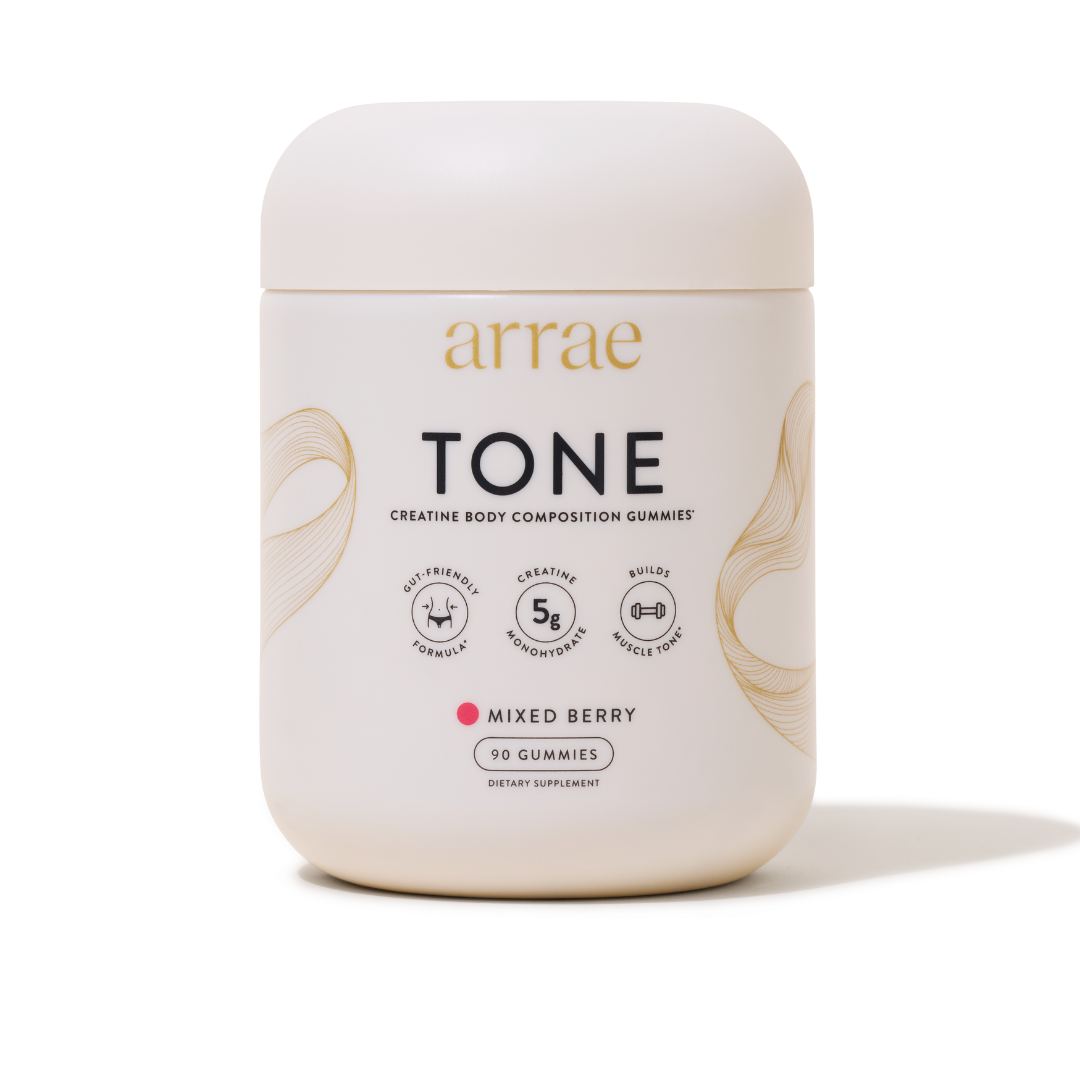
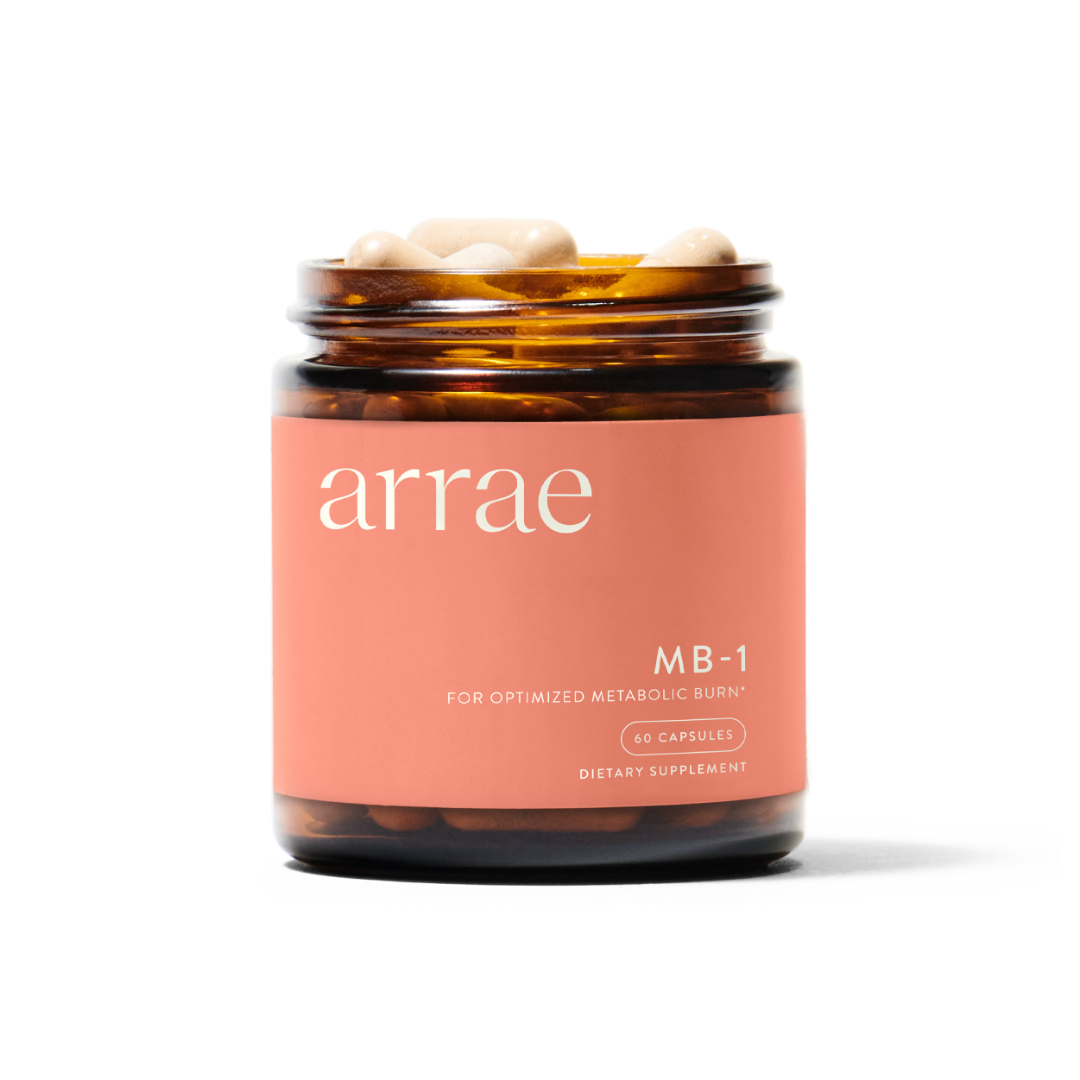
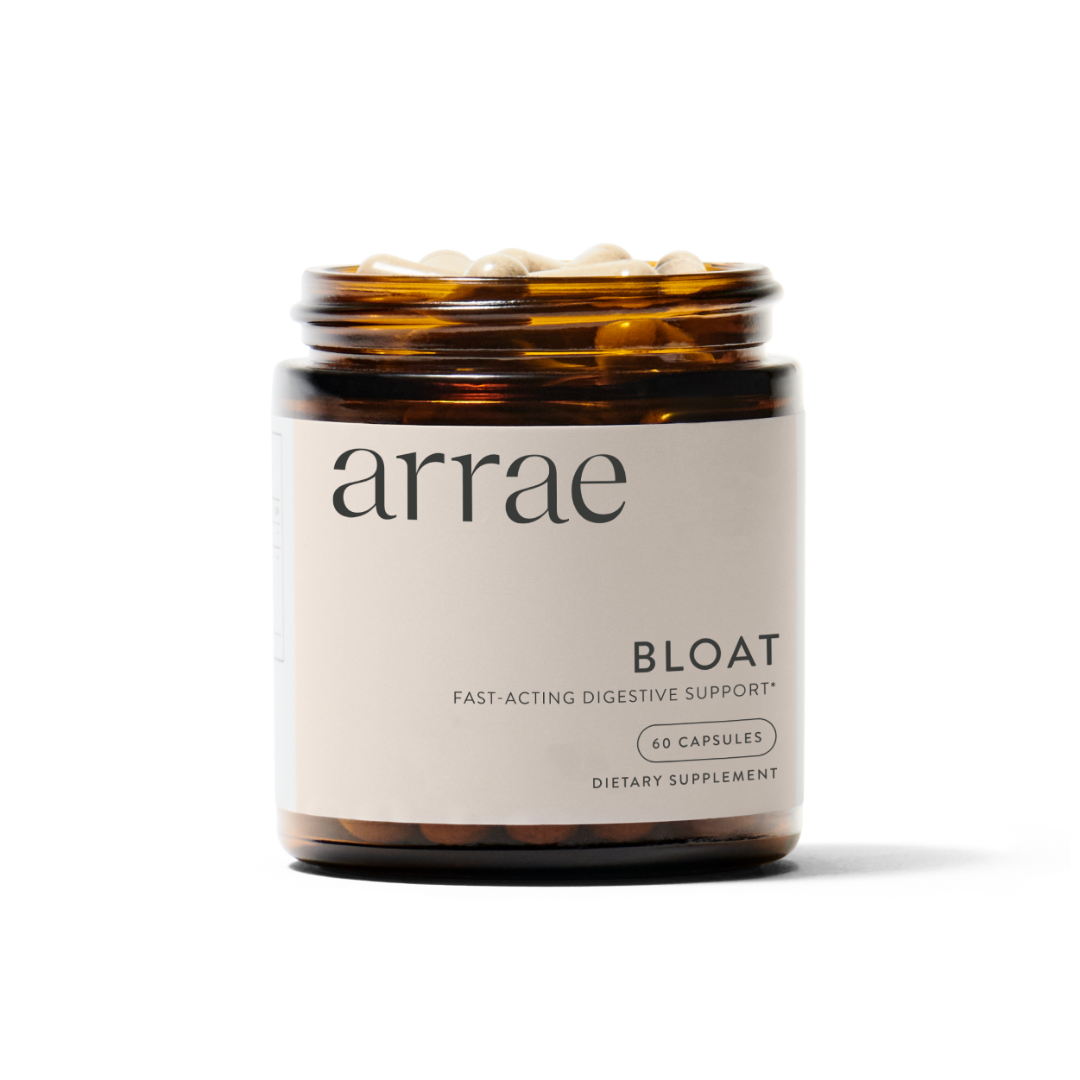
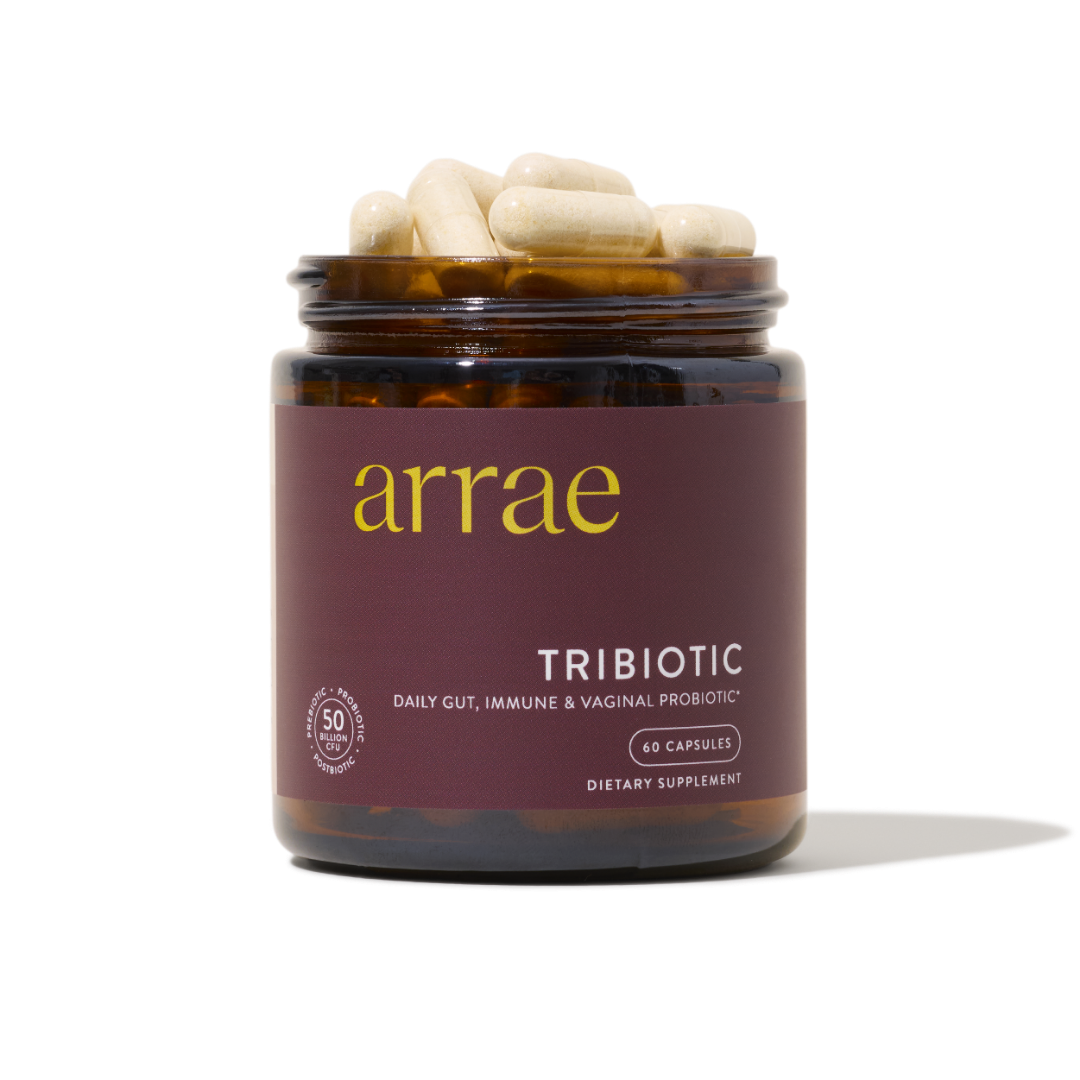
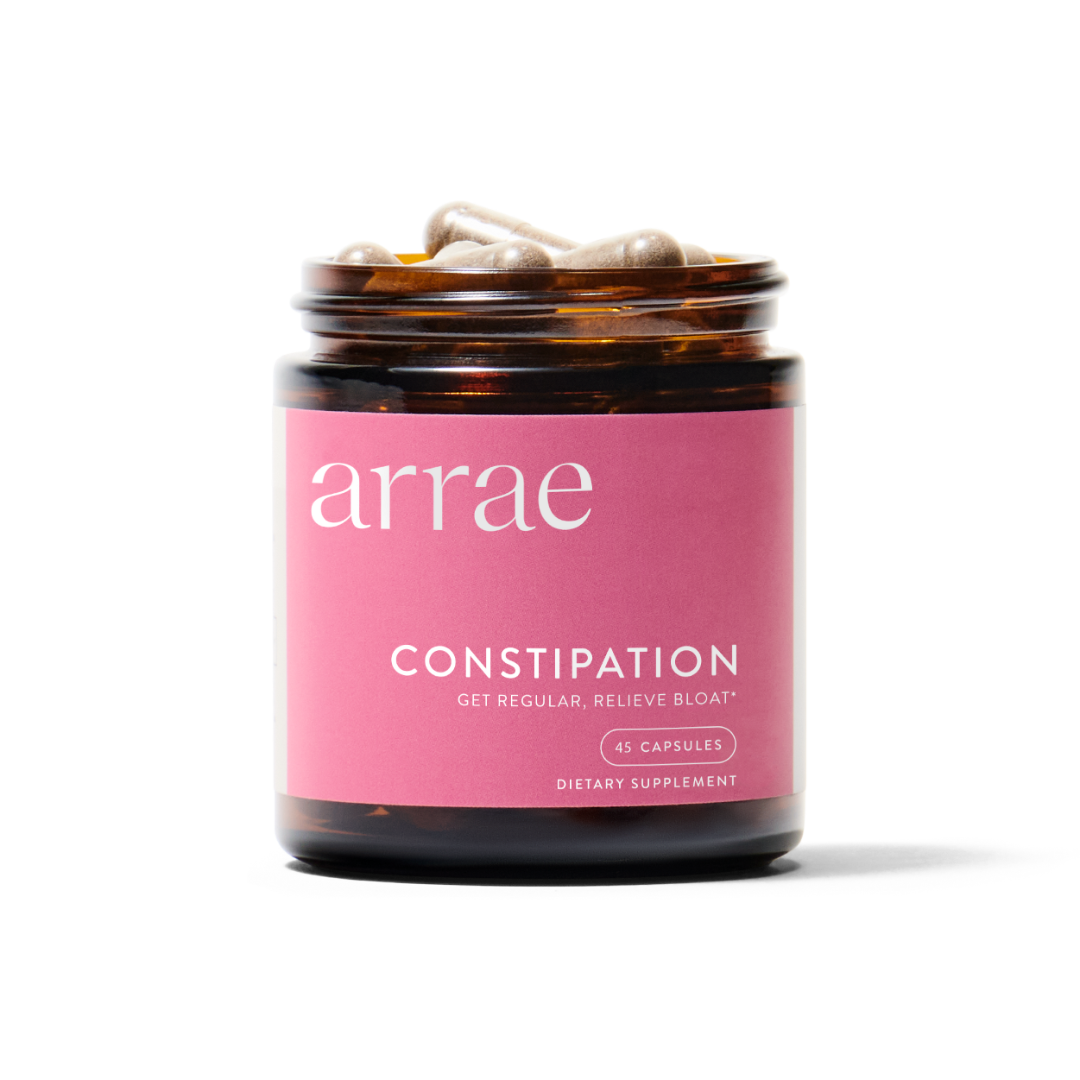

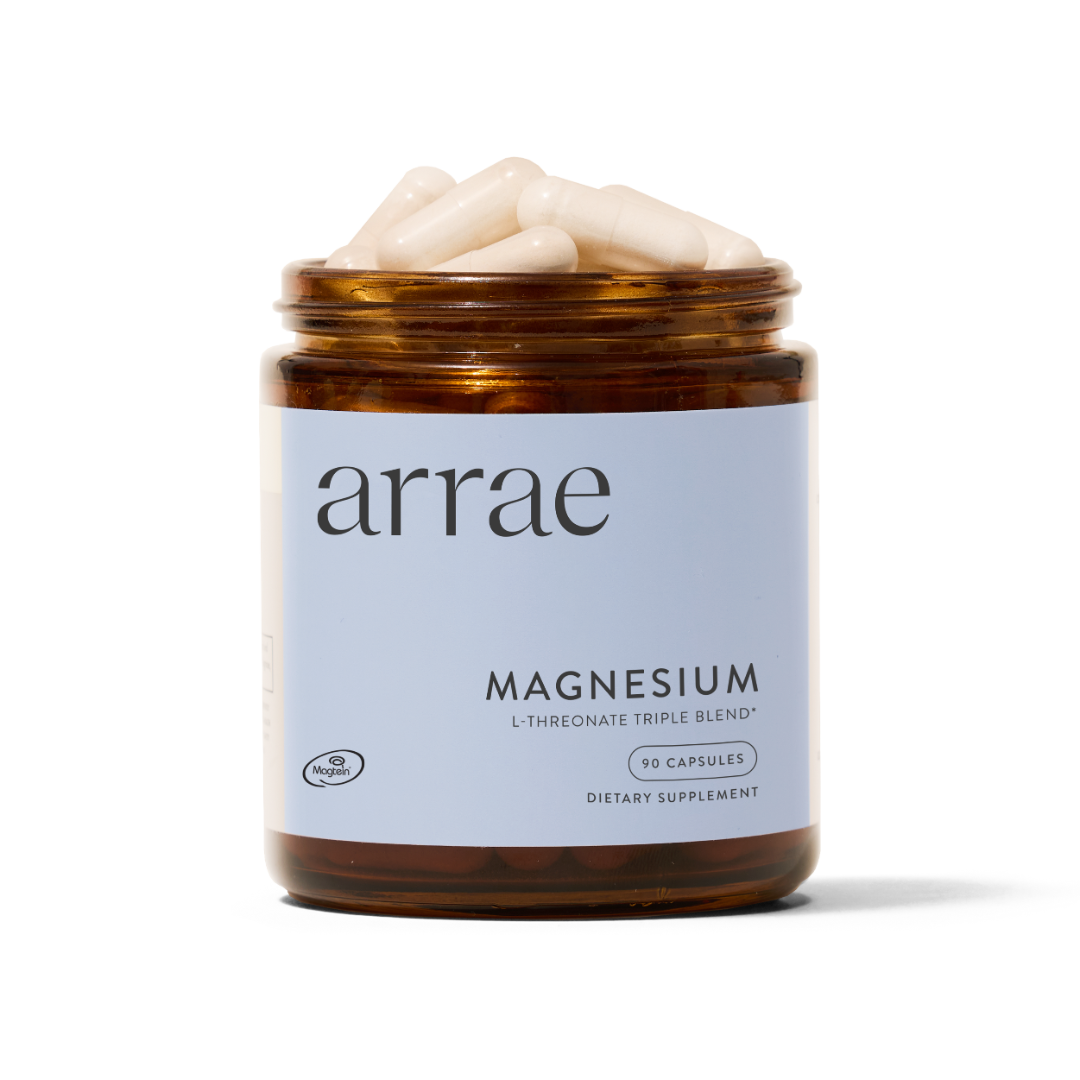
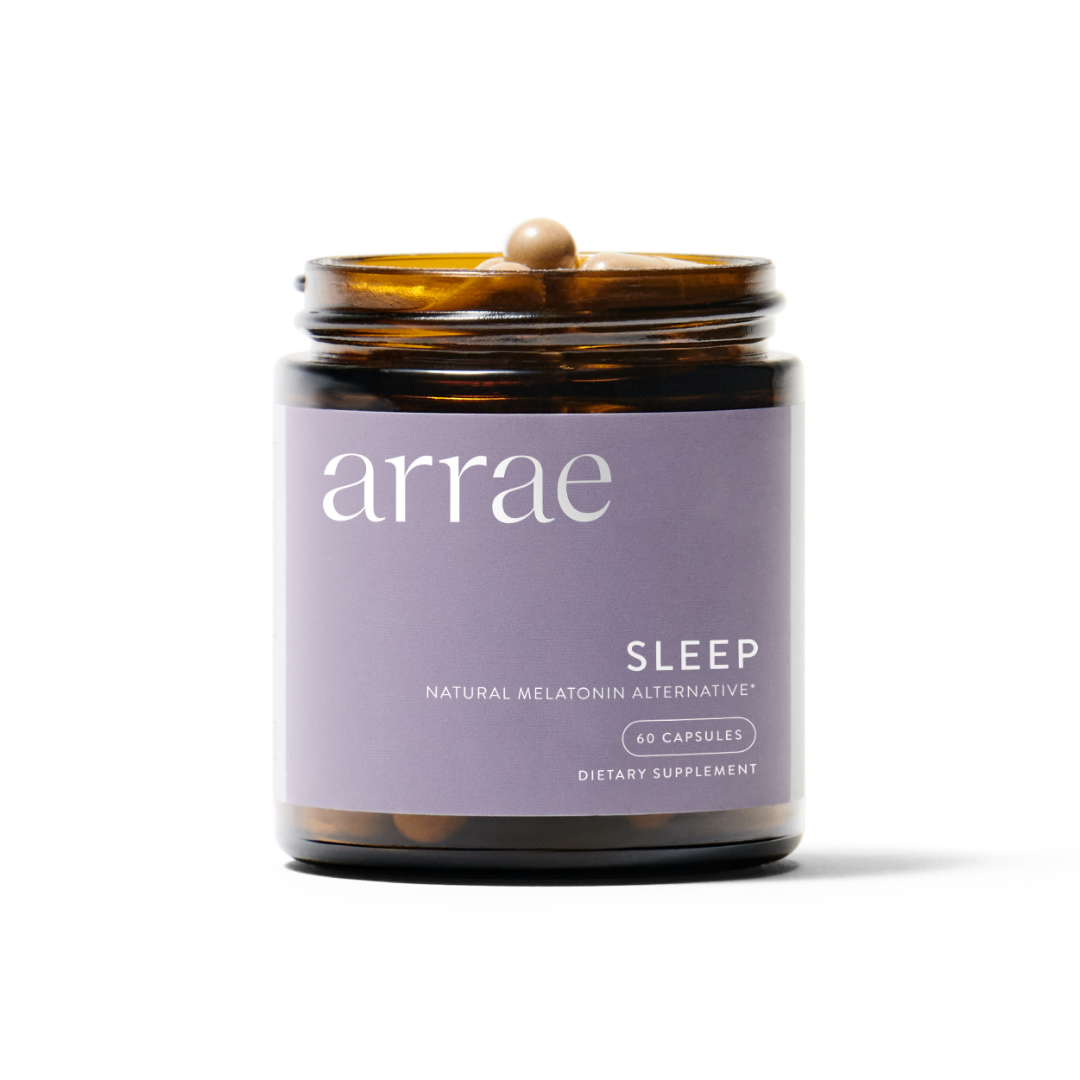
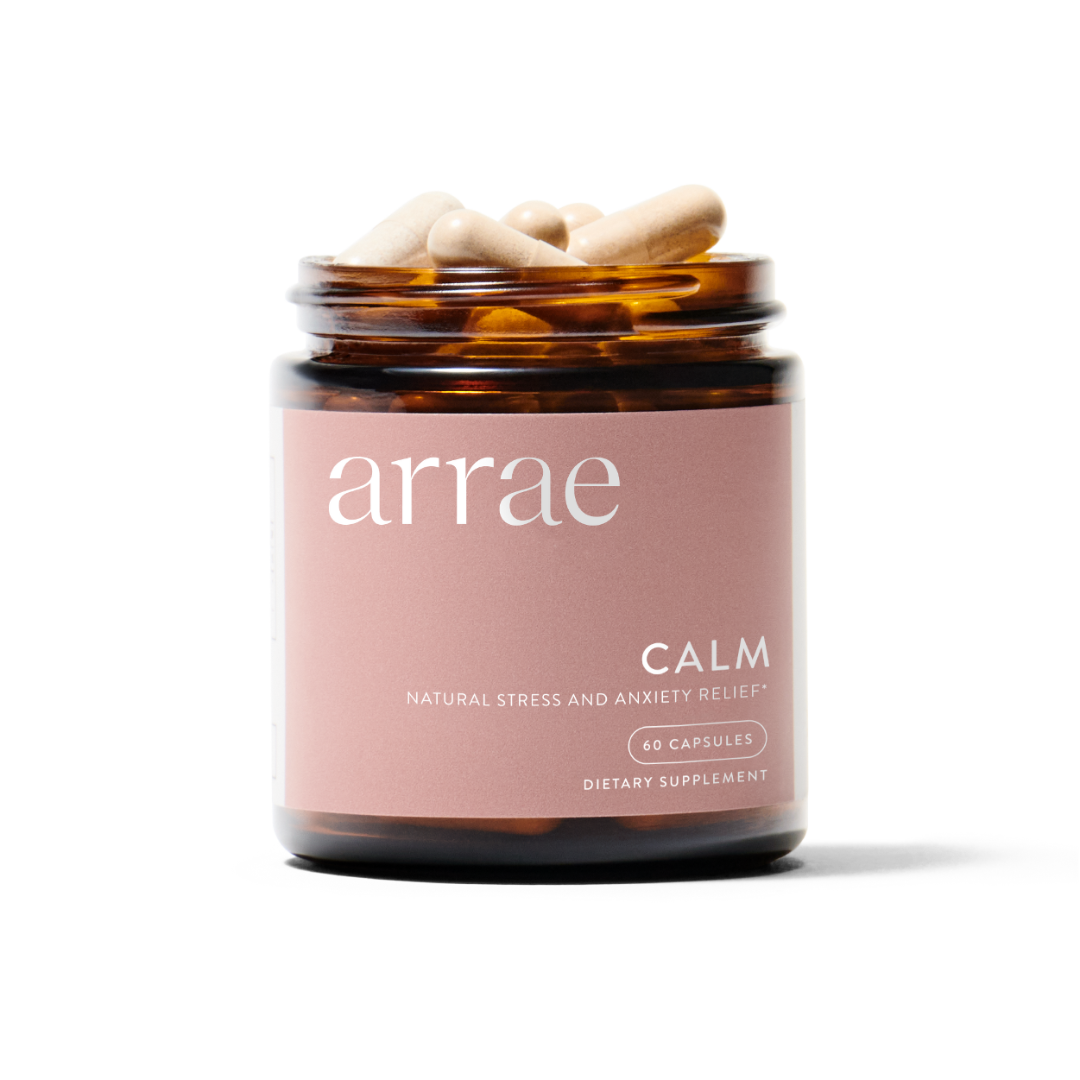
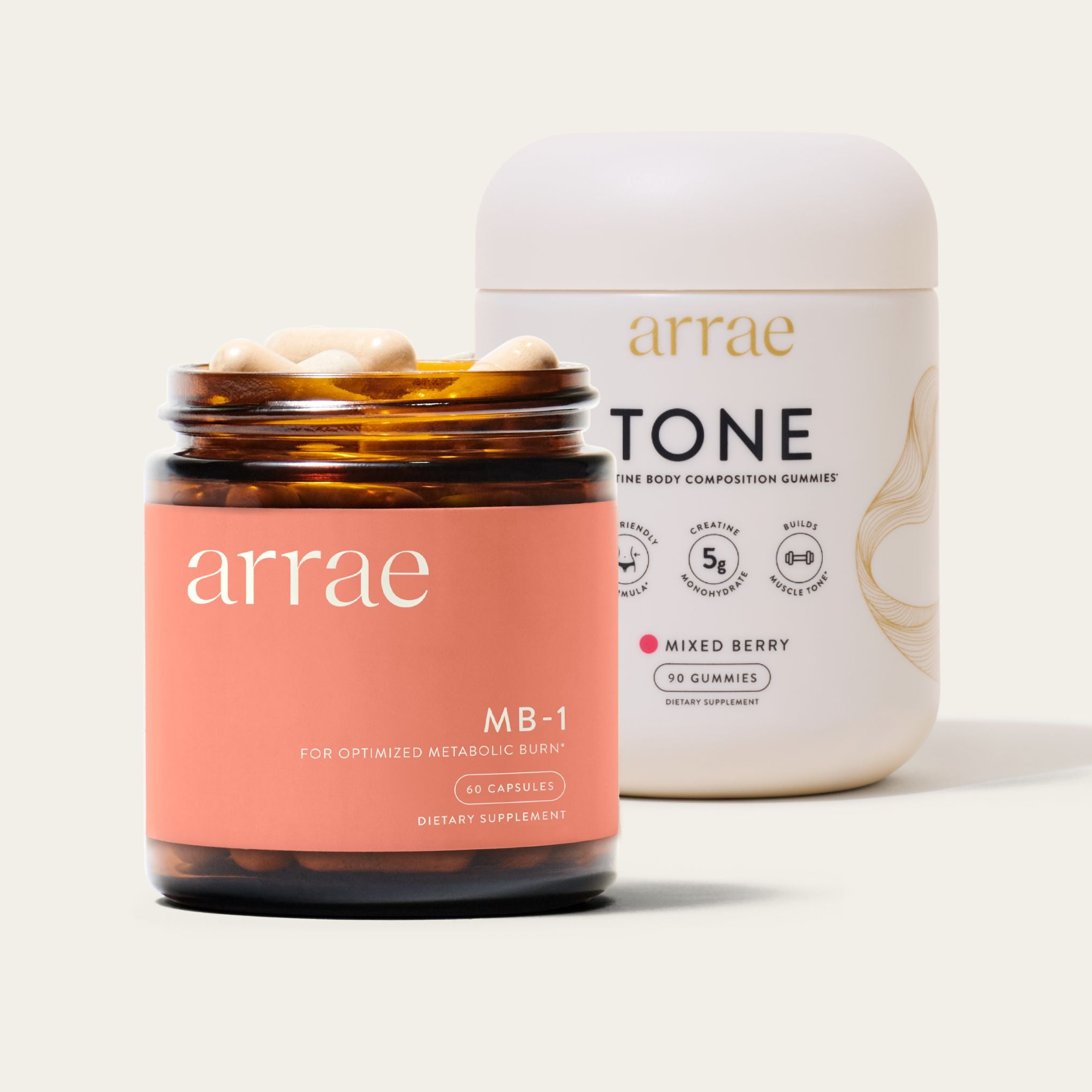
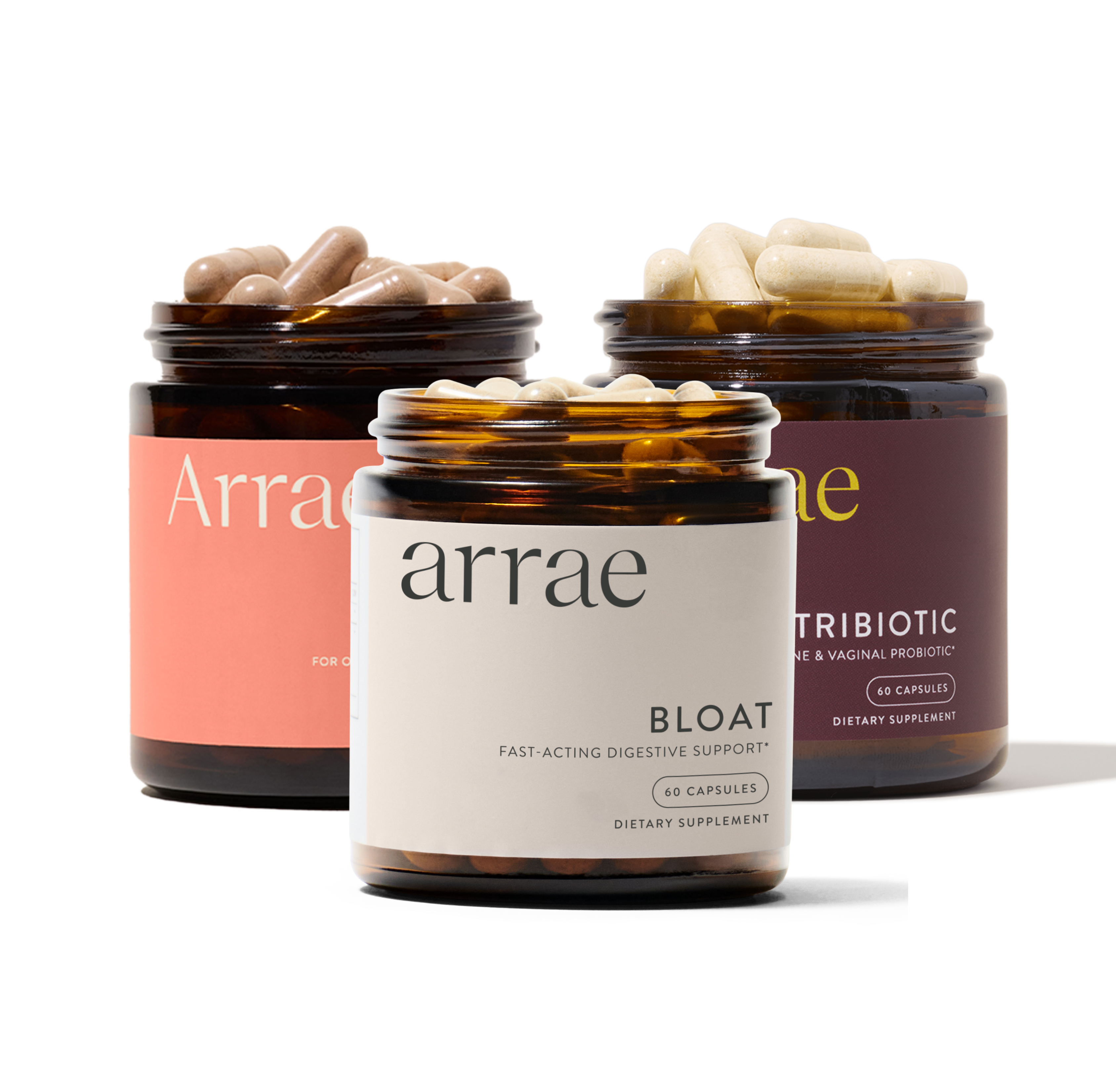
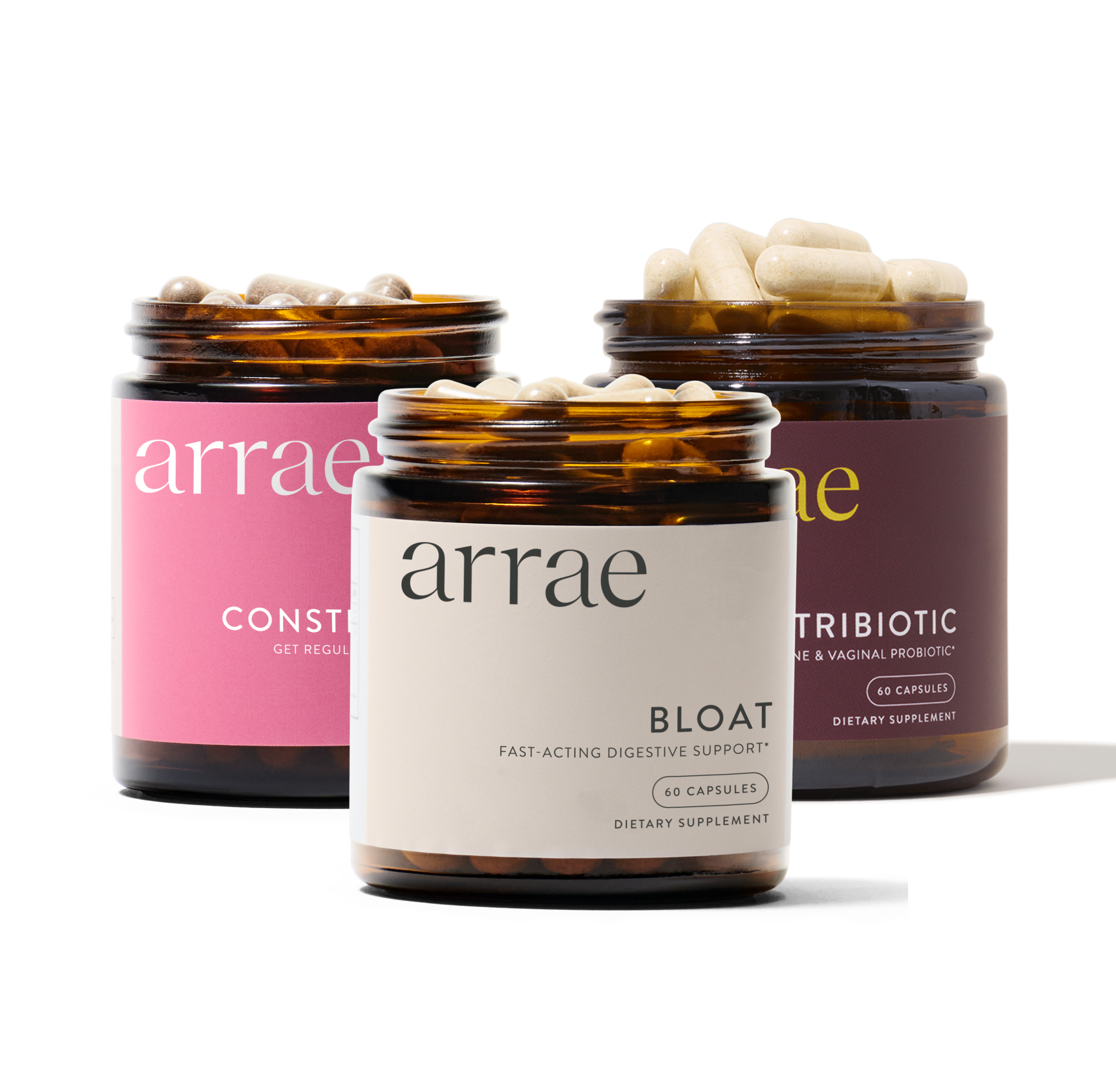








 Instagram
Instagram TikTok
TikTok Youtube
Youtube Facebook
Facebook Email
Email